In the Sahel region of West Africa, the illicit trade in gold, often termed “blood gold,” has become a significant driver of conflict and instability. This unregulated mining and trading of gold not only fuels violent insurgencies but also undermines governmental authority and hampers economic development.
The Sahel, encompassing countries like Mali, Burkina Faso, and Niger, is rich in gold deposits. Artisanal miners, often working without oversight, extract substantial amounts of gold, contributing to the region’s economy. However, this informal sector has attracted the attention of various armed groups, including affiliates of Al-Qaeda and the Islamic State. These groups have infiltrated mining areas, imposing taxes on miners, controlling mining sites, and using the proceeds to fund their operations. For instance, in Mali’s northern Kidal region, Islamist groups have been known to tax gold traders, thereby financing their insurgent activities.
The involvement of these armed groups in the gold trade has led to increased violence and insecurity. Clashes between rival factions over control of mining sites have resulted in numerous casualties and displacement of local populations. The presence of armed groups in mining areas also deters legitimate investors and hampers the development of a formal mining industry, depriving governments of potential tax revenues. In Mali, for example, the informal gold trade is estimated to produce over 50 tons of gold annually, valued at approximately $2 billion. However, much of this wealth remains untapped by the state due to the dominance of illicit actors.
Efforts to regulate the gold trade have been met with challenges. The vast and often inaccessible mining areas make it difficult for authorities to enforce laws and ensure that gold is mined and traded legally. Additionally, the high demand for gold, both locally and internationally, creates a lucrative market that incentivizes continued illicit activities. The lack of traceability in the gold supply chain further complicates efforts to identify and cut off funding sources for armed groups.
International organizations and local governments are collaborating to address the issue. Initiatives include providing support to formalize the mining sector, offering alternative livelihoods to communities involved in illicit mining, and strengthening border controls to prevent the smuggling of gold. However, the success of these efforts depends on sustained political will, regional cooperation, and the establishment of effective monitoring and enforcement mechanisms.
The situation in the Sahel underscores the complex interplay between natural resource exploitation and conflict. While gold has the potential to contribute positively to the region’s development, its current role in financing armed groups highlights the need for comprehensive strategies that address both economic and security challenges. Without such integrated approaches, the cycle of violence and instability is likely to persist, further hindering the prospects for peace and prosperity in the Sahel.

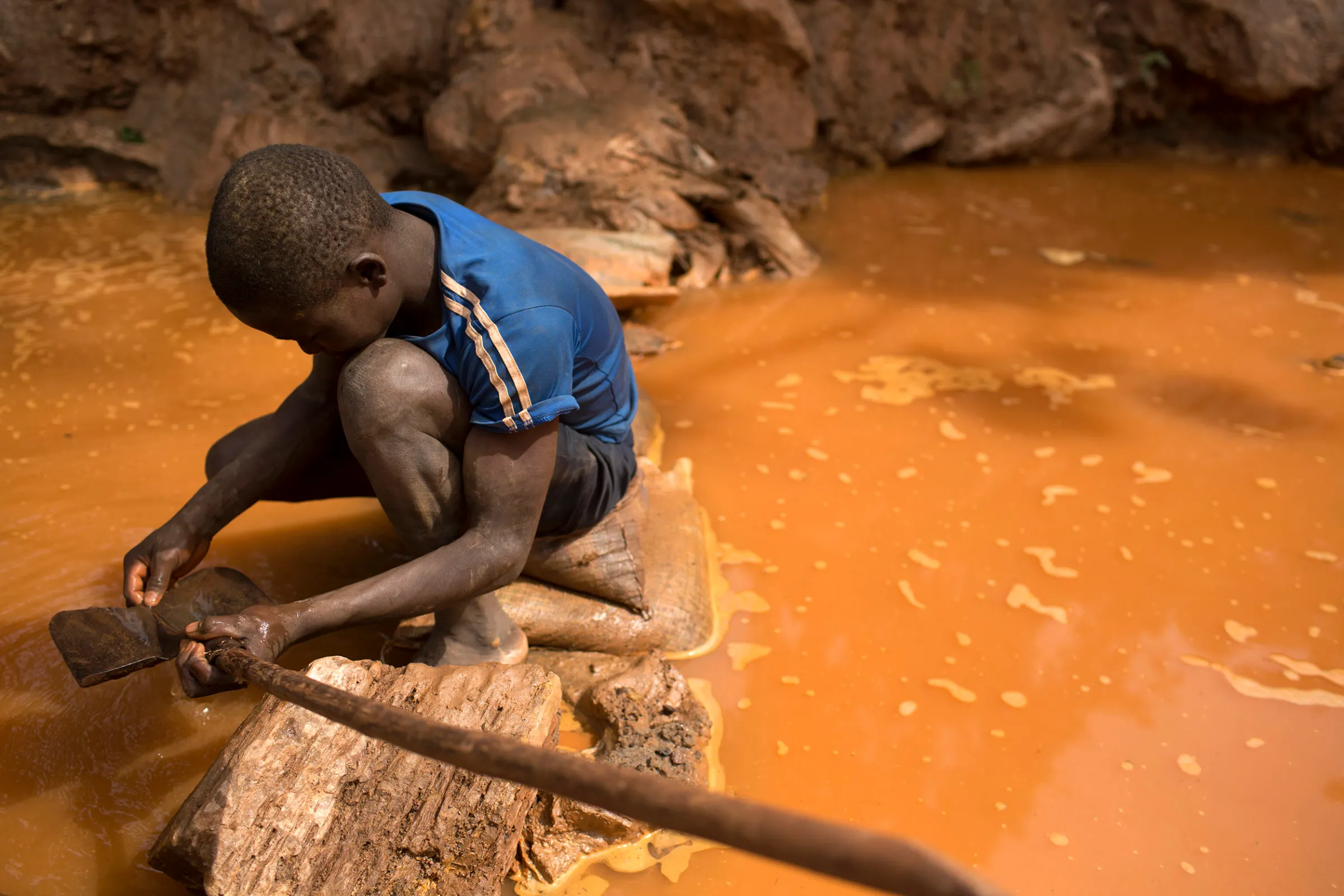

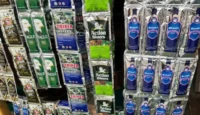




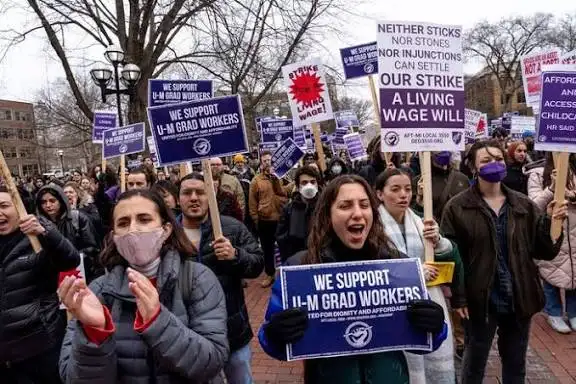

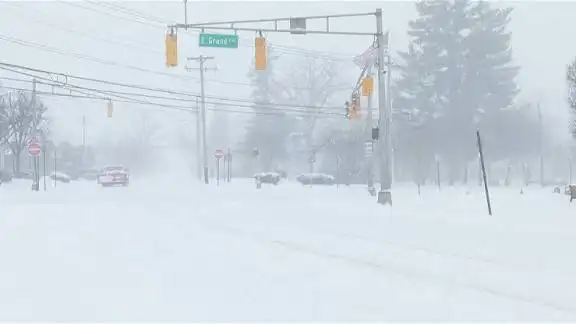
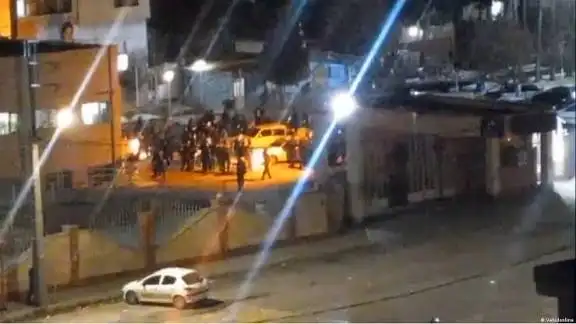
Leave a comment